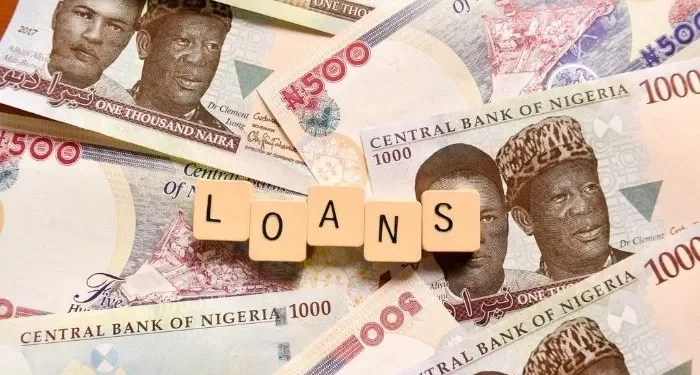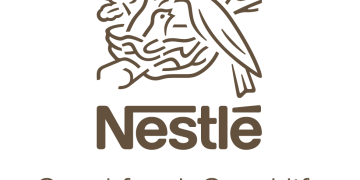Bank loans at risk as businesses struggle
The rising energy costs and other challenges facing businesses in Nigeria may put a damper on their ability to service bank loans, even as lenders may be forced to reduce credit to critical sectors of the economy, analysts in the financial services sector said.
Banks saw their non-performing loans moderate to 4.84 per cent in February 2022 from 4.90 per cent in December 2021, Godwin Emefiele, governor of the Central Bank of Nigeria (CBN), said on Tuesday.
Nigerian households, banks and other businesses rely on fuel-powered generators for the running of their daily activities or transactions as public power supply remains unreliable.
Currently, the price of diesel has jumped to over N700 per litre from about N300/litre early in the year, compounding the already high inflationary pressure in the country.
Nigeria’s headline inflation accelerated to 15.70 percent in February from 15.60 percent in January, according to the National Bureau of Statistics.
Following the ongoing fuel crisis, some Nigerian commercial banks have said they would cut down on some hours of operations to make sure they are able to conserve diesel cost.
“Inflationary pressures may affect the way they (banks) deal with customers in terms of selection criteria, given the pressures that businesses are facing right now,” Abdulrahman Yinusa, former council member of Chartered Institute of Bankers of Nigeria, said.
Yinusa noted that the banks were also facing the pressures.
Read: Land Guardism – A menace that must be confronted head on
“I suspect the bad loans will happen first before the reduction in the loan portfolio because at the end of the day, a lot of loans are already out anyway and the ability to service loans will begin to be impaired by the increased cost of doing businesses.”
Muda Yusuf, CEO of Centre for the Promotion of Private Enterprise, said the high diesel cost has a negative effect on manufacturers because their cost would go up.
“Some of them will not be able to continue production. So, if that happens, the risk of lending to them will be higher because their risk of default will be higher, therefore that may affect lending to them,” he said.
The CBN data on money and credit growth show that total credit to the private sector increased by 15.7 percent year-on-year to N35.4 billion.
“Although growth has slowed since November last year, the double-digit growth rate is encouraging,” said analysts at FBNQuest.
In terms of credit allocation to key sectors of the economy, latest data from the National Bureau of Statistics show that the oil and gas sector got the highest credit allocation of N3.93 trillion, followed by the manufacturing sector (N3.19 trillion) as at the fourth quarter of 2020.
Bismarck Rewane, CEO of Financial Derivatives Company Limited, said, “There is a spillover effect of international price levels on us.
“Interest rates are moving upwards while Nigeria is maintaining the periscope for several reasons; so except something is done to increase aggregate supply and to take care of the energy crisis shocks that have taken place, we will continue to wallow in an inflationary spiral.”
Emefiele said on Monday that the Ministry of Finance, the CBN and the Nigerian National Petroleum Corporation were making plans for adequate funding for petroleum products supply.
“We’ll be engaging NNPC as well, if there’s any kind of intervention that we can provide to help make it easy for them to bring in these products,” Emefiele said while responding to questions from journalists after the Monetary Policy Committee meeting.








